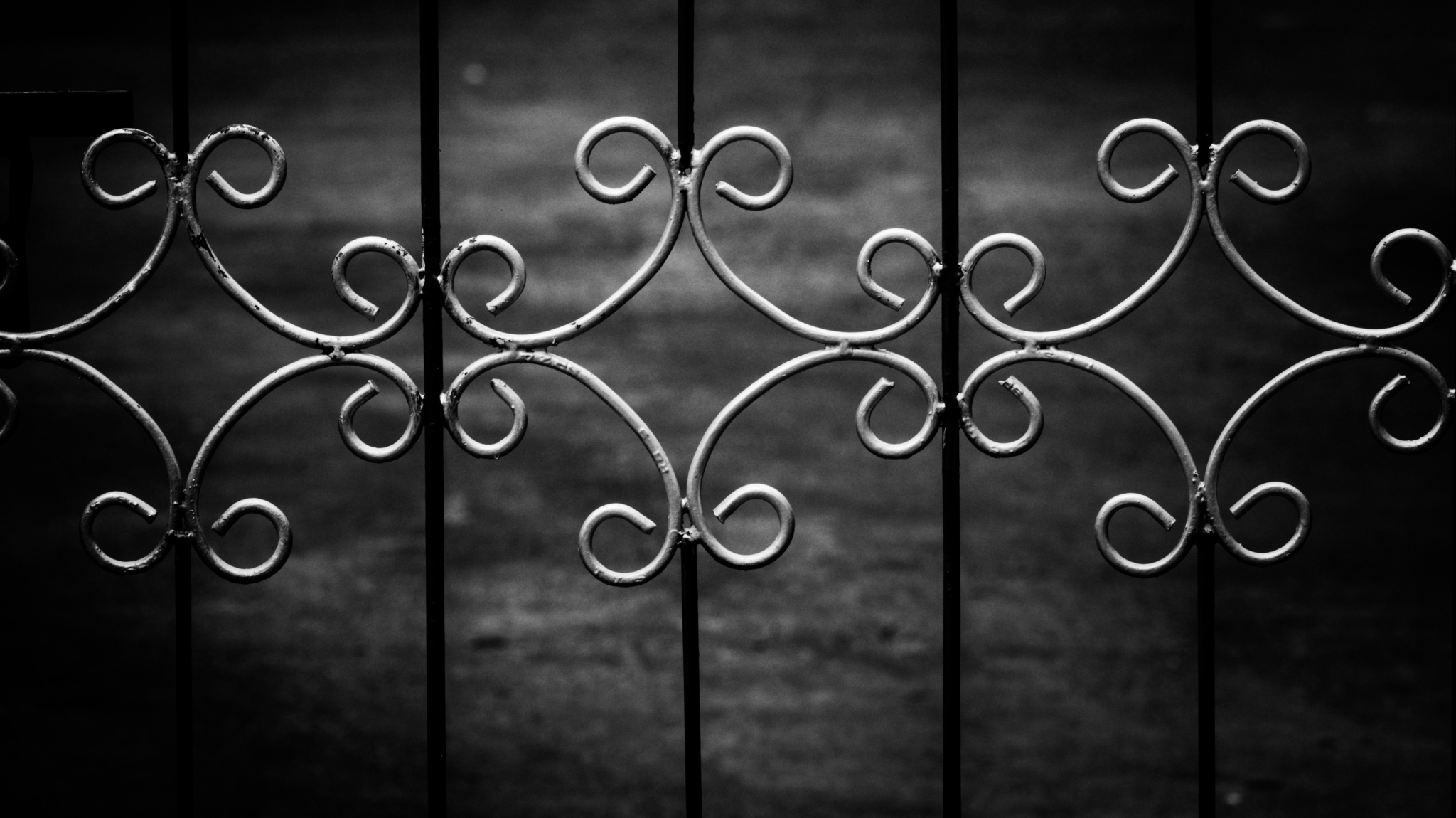November 14, 2024 | Planning Matters | 7 min read
End-of-Life Planning: The Timeless Predicament
On the second floor of London’s National Gallery, near Trafalgar Square, hangs an oil-on-oak painting, The Ambassadors. The 1533 masterpiece by Hans Holbein portrays two aristocrats contemplating an assortment of curious items: tokens of wealth and heritage, works of science and art. Meanwhile in the foreground, a skull, a Memento Mori symbolizing mortality, is jarringly painted in anamorphosis, distorted in a way that when looking directly at the painting you’re aware it’s there, but you’re not quite sure what to make of it unless you squint and really think about it. So instead, the eyes keep busy elsewhere, lost in the other details of the intricate work. The financial planner in this writer can’t help but think: is this a depiction of estate planning in the Tudor era? How times have not changed.

Indeed for many, planning for the time that comes after is rarely the natural focus of thought. It is often easier to just keep working: surely if one just keeps one foot in front of the other, day by day, it’ll work out in the end? Yet, logically, the contrary is the more assured outcome. As with anything, it takes effort to organize beyond the basics and implement a sound strategy. In return though, the benefits of a thoughtful estate plan can be dramatic. This article highlights a few factors that may assist in your own estate planning endeavour.
Wills and Executors
While the importance of a Will in a family’s affairs seems like common knowledge, stunningly, its adoption is still not universal even among high-net-worth individuals. If you are reading this and do not have a Will, step one in your estate planning venture is almost certainly: get one. What should you expect?
Your estate planning professional will likely have you complete a planning questionnaire. This task of taking stock of your affairs, considering both the intent and practicalities of each asset and liability (your own “assortment of curious items”), can be enlightening and may even prompt changes in their management today. The rule of thumb to review one’s Will every three to five years or when there is a significant life change stems from this advantage.
One practicality that must be decided in the process is your Executor/Executrix, whom you will entrust to carry out your wishes. Should you have one Will (in some provinces, multiple Wills may be beneficial; speak with your advisor), the errand of changing the locks on your doors and the responsibility of maintaining the family enterprise corporation will fall to the same individual. It is undoubtedly a big job and potentially also highly technical. We submit that just the “honour” to be selected may not be sufficient remuneration for anyone to carry such burden. Your mileage may vary, dependent on complexity.
Still, some clients instinctively appoint their spouse, and failing that, their children. This can be a workable solution for some - family members may pass your trust test with ease - but there are downsides. The chosen progeny may not have the capacity when the time comes, or be unwilling to be the lone gate-keeper to their siblings, each of whom will have unique financial or health needs. A wholesome intention may instead fuel tension, especially at an already emotional time.
An alternative may be a trusted, competent non-family member. We’ve seen lawyers and accountants selected, which makes some sense as not only can they deliver a degree of professionalism, they also likely participated in the formation of the estate plan and so have the requisite grasp of your family structure. In recent years, however, this arrangement is becoming less common. Professional liability can be an issue, but more significant is that they too must consider their own retirement and estate plans. Your advisors are conceivably of similar vintage to you and therefore unlikely to be able to offer the continuity needed – their timeframe may even be shorter than yours! In response, specialized, highly regulated Trust Companies have been established that can be appointed to provide enhanced professional care that some estates require, and the long-term continuity.
Trusts and Trustees
In our practice we often see the modern manifestation of the distorted skull in Holbein’s painting. Death is a given, for sure, but it certainly won’t happen to me in an untimely way, will it? The reality, of course, is far less abstract. Care must be taken to address the real possibility that your estate may pass to your beneficiaries sooner than you’d like – before they’re ready – and the net negative impact of such could be very detrimental.
Consider a family with two young children, nine and 12. In this real-life example, the parents had accumulated a substantial net worth and were also heirs to potentially large estates. If the parents were to pass prematurely, the default outcome would have been for the children to receive their inheritance immediately upon reaching the age of majority. Given the quantum of their entitlements, the consequences could have been catastrophic.
A suitable option would be for the parents’ Wills to establish the settlement of Trusts upon the death of the last surviving parent. Unlike the role of Executors in Wills, which generally involves a one-time distribution, Trusts are ongoing arrangements in which Trustees are appointed to manage the Trust assets for the benefit of the beneficiaries - in this case, the two children. The parents’ Wills could specify how the Trusts should be settled, outline the specific terms for the children’s access to their inheritance, and how the assets are to be managed in the meantime.
In this case, the parents opted for a staged distribution: 10% of the funds released at age 19, 20% at age 25, another 20% at age 30 and the remainder at age 35. Meanwhile, the Trustees are authorized to make distributions for reasonable housing, medical, education, and other necessary expenses. Permutations of this approach can be tailored to other situations - perhaps the beneficiary in mind will never be ready? Trusts can offer flexibility for such circumstances.
The same considerations for selecting an Executor apply when choosing Trustees, perhaps with even greater importance. The ongoing nature of Trusts makes continuity and professional capacity even more critical. And again, careful thought should be given to whether or not appointing a family member will actually disrupt the overall family harmony.
Power of Attorney
For any plan, it is prudent to have a backup - things do indeed happen. In the same vein, one can have a backup plan for themselves, by appointing a Power of Attorney (POA). As the norm, married couples often appoint each other, with a trusted individual named as the alternate.
The purpose of the document, in contrast to the Will, is to allow the appointed person to carry out your wishes if you are incapable of doing so but are still alive. As covered in previous editions of the Planning Matters newsletter (here and here), determining capacity can be complex. In some provinces professionals may instead prefer for the POA to take effect immediately; ask your advisor. This can be immensely helpful in dealing with everyday life transactions that would otherwise be logistically challenging or impossible - from paying credit card bills, to ensuring real estate transactions settle on time as intended (again, there are intricacies in certain jurisdictions; seek professional advice).
Agent
Another important consideration is that an estate plan should allow sufficient flexibility for appointees to delegate tasks to subject matter professionals such as investment counsellors to manage public market portfolios and realtors to handle real estate sales. Appointees should also have the ability to delegate more broadly to Agents, such as to the aforementioned Trust Companies, to provide comprehensive professional care as the appointees see fit.
Ultimately, the goal is to maximize the chances for positive outcomes by taking the reasonable steps, and for contingencies to be instituted appropriately. At that point The Ambassadors might instead illustrate an organized cabinet and a long parchment that is a well-crafted Will. The Memento Mori now more coherent and somehow more fitting with the decor. But then again, perhaps not - a reminder that a good estate plan is not ever perfected but is continuously evolving and perpetually thought provoking. In hindsight, maybe that was the intent all along. This writer is not an artist.
NOTE: The information contained herein should not be treated by readers as legal advice and should not be relied on as such. We suggest you seek legal advice for your personal situation.
About the Contributor

Philan Policar CPA, CA, CFA, CFP serves as the Chief Financial Officer of Coda Trust Company Ltd., an independent, BC regulated trust company specializing in personalized trust and estate services. He is also a partner at BC Partners in Planning, a multi-family office in West Vancouver, where he works closely with clients and their families on inter-generational financial planning. He can be reached at ppolicar@bcpip.ca.





